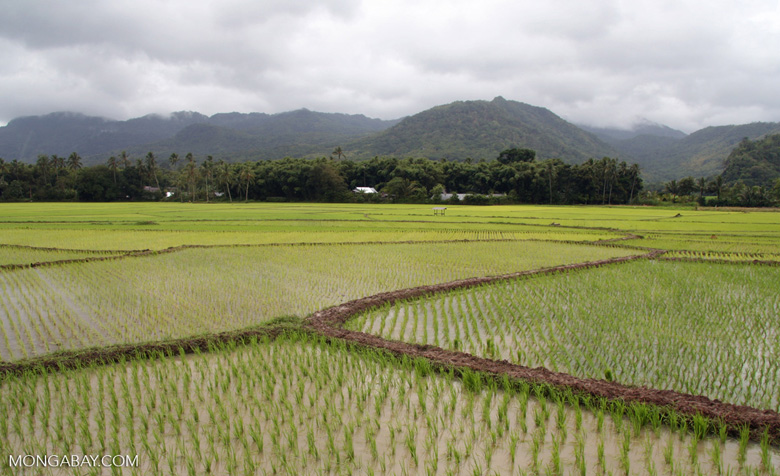To bring greater awareness of socio-environmental issues in Southeast Asia, Mongabay is currently accepting pitches in English about the following priority topics:
- Forests with an emphasis on recent deforestation and forest degradation, and illegalities associated with deforestation (ie. logging, fires, land grabbing, etc.), as well as nature-based solutions for curbing deforestation and climate change;
- Wildlife and biodiversity inclusive of terrestrial and aquatic ecosystems, with an emphasis on conservation activities and science often pertaining to specific projects, plants or animals (specifically the Sumatran Rhino and Ape species);
- Infrastructure development inclusive of roads, railways, industrial waterways, ports, dams, electrical transmission lines, and their financing;
- Oceans and marine issues with an emphasis on marine fisheries;
- Agribusiness (especially palm oil) and extractive industries (especially mining), in particular the industry’s relationship to community land rights, global supply chain connections, and efforts to create and maintain profitable and environmentally-sound businesses;
- Indigenous peoples and traditional rural communities with a preference for stories relevant to land rights, the maintenance of traditional cultures and creation of sustainable livelihoods;
- Changes in legislation and policies that could considerably affect the management and conservation of the environment.
For the purposes of this process, Southeast Asia includes the following countries: Brunei, Cambodia, Indonesia, Laos, Malaysia, Myanmar, Papua New Guinea, Philippines, Singapore, Solomon Islands, Thailand, Vietnam.

We welcome proposals from experienced journalists for conventional news stories, in-depth features, investigative reports, profiles, and case studies. Opinion articles are not eligible for payment. Please share commentary pitches using this form and refer to submission guidelines here
Mongabay will negotiate all fees and contracts on a per-story basis. Completed stories will be paid on a per word or fixed fee basis, with rates depending primarily on the journalist’s experience. The typical story will range from 800 to 1,500 words in length, though longer articles will be considered. Authors are also expected to identify several images for Mongabay’s use to accompany their articles, along with captions and photo credits. Completed stories will be published in English on Mongabay.com under an open Creative Commons license that allows for sharing, re-publication, and re-posting. Images are typically published under these same licensing terms. The stories could potentially be translated into another language and published on one of Mongabay’s sister sites. More information on Mongabay’s editorial standards and practices can be found here.
We will also consider proposals for fully edited and produced videos of up to 10 minutes in length. Proposals for video stories should also include a shot list, a list of expected interviews and links to samples of previous video work.
How to submit your story pitch
To send Mongabay a pitch, please be prepared to also share your resume/portfolio along with three samples of your work. The story pitch should be roughly 500 words in length and include a title for the project. Viable pitches will clearly explain the specific subject you would like to write about in detail and your approach to covering it, and describe a few potential sources. If you are proposing a story that is led by video, please indicate that and include a short description of your video idea. Pitches for video-led stories should also include an expected shot list and interviews.
Please review the complete guidelines on what to include in your pitch here: https://mongabay.org/programs/news/opportunities/
Please use one of the following forms so that the information is directed to the most appropriate editors:
- Pitch a story to the Southeast Asia team in English
Pitches will be considered on a rolling basis. Incoming pitches will be responded to within 3 weeks and often within a few days.